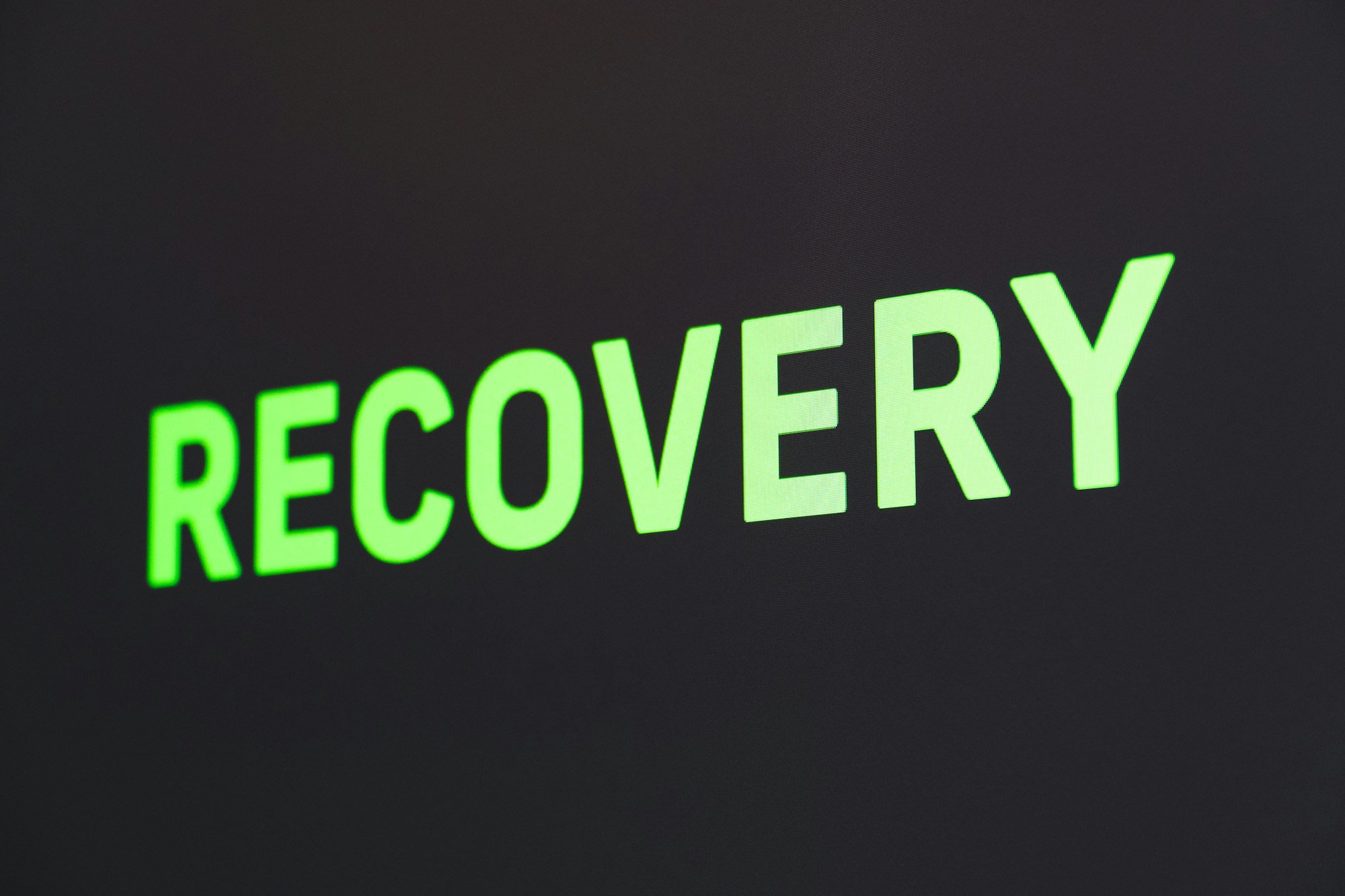The 12 Steps of recovery for organisations overcoming an addiction to the short-term
Here are the 12 steps for better futures thinking

Short-termism (an addiction to short-term success at the expense of a longer-term strategic perspective) is a terrible condition that sees organisations acting in a highly-stressful and unsustainable, reactionary manner.
Always chasing near-term targets and profits that simply keep shareholders happy in the present, these organisations are doomed to under perform their true potential and tend to offload unnecessarily large amounts of stress and anxiety onto the staff in an effort to keep the whole show going.
Without proper consideration for their longer-term vision, these companies are either sold to bigger organisations or eventually collapse in a market place that is constantly adapting and meeting customers needs in better ways.
All is not lost however.
Leadership that admits that their ways of thinking and behaviour are not sustainable in a rapidly changing world can draw honesty and focus to their shortcoming and can commit to rather following a new path to recovery by following these 12 steps (which we have adapted from the Alcoholics Anonymous 12-step program framework).
For organisations suffering from short-term thinking the 12 steps is an ongoing process that never ends. It is a practice that needs time, awareness and dedication if narrow, linear thinking is to be overcome.
Here are the 12 steps for better futures thinking:
- We admitted to ourselves that we have a typical business problem of being self-obsessed. Thinking of our own profits and success first rather than considering how we are creating real value for customers and society.
- We came to believe that aiming to achieve a higher purpose greater than ourselves is a more meaningful and sustainable way to unlock our full potential.
- Made a commitment to pursue our organisation’s higher purpose daily.
- To be honest with ourselves as to what our strengths and weaknesses are and where we need to focus our energies most and where we need to still improve.
- To admit to others and ourselves that the journey to wisdom through organisational learning is an ongoing one that we choose to take everyday in our commitment to continuous improvement.
- We are entirely ready to focus our attention on what is going on outside and around us.
- We humbly try to create value and solutions completely informed by those external changes as we forecast how they may unfold into the future and how we might respond.
- Made a list of customers, partners and communities that we may have harmed in the past.
- Made direct amends to such people wherever possible, except when to do so would injure them or others.
- Continued to take personal inventory of the quality of our thinking and acting and when we were wrong promptly admitted it.
- To constantly reflect on our journey towards our greater vision of the future and amend our path if and when we should stray from it.
- Having achieved success and enlightenment from our commitment to these principles of futures thinking to carry this message to other organisations struggling with narrow thinking and to constantly practice these principles in all of our affairs.
If you commit to following these steps, you as an organisation are better able to evolve your thinking to be more futures-focused and better able to leverage your skills, capital and resources to address the needs of your best customers and give yourself the opportunity to maximise your true potential.

